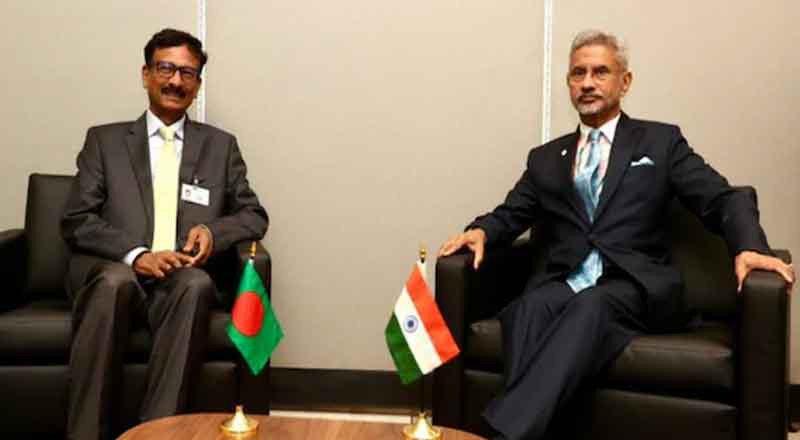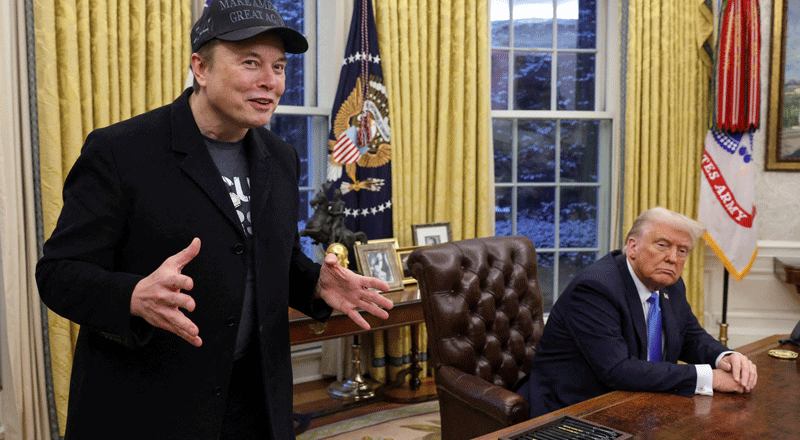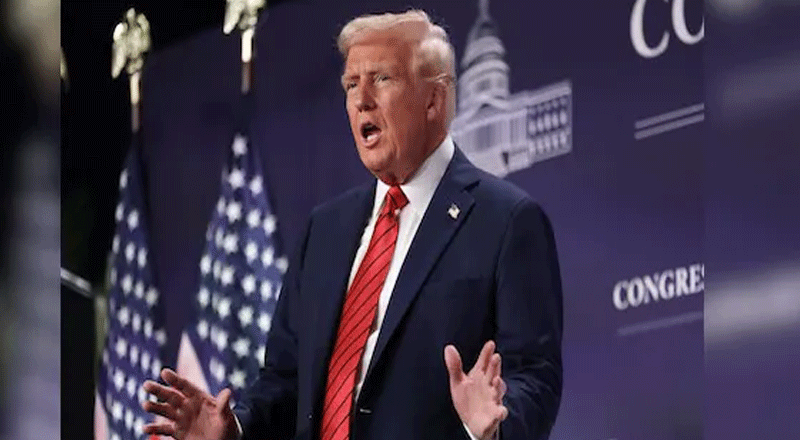In the wake of the recent political transition in Bangladesh, India has initiated its first high-level bilateral engagement with the new regime. This critical meeting took place in New York, on the sidelines of the 79th session of the United Nations General Assembly (UNGA), marking a significant moment in India-Bangladesh relations since the ouster of former Prime Minister Sheikh Hasina and the installation of an interim government led by Muhammad Yunus.
Bilateral Talks Amid Rising Tensions
The bilateral meeting between India’s External Affairs Minister (EAM) S. Jaishankar and Md Touhid Hossain, the foreign affairs adviser to Bangladesh’s interim leader, took place against the backdrop of increasing anti-India sentiment in Bangladesh. The fall of Sheikh Hasina’s government has reportedly fueled this sentiment, making the meeting particularly significant.
During the talks, Jaishankar is said to have reiterated India’s emphasis on the restoration of law and order in Bangladesh. This point is critical, given the political instability in the country following the recent governmental change. The conversation also touched on the safety of minorities in Bangladesh, a topic of growing concern amid reports of escalating violence.
Commitment to a Stable and Peaceful Bangladesh
Jaishankar also reaffirmed India’s commitment to working with Bangladesh to ensure peace and stability in the region. This reassurance is vital for maintaining the long-standing ties between the two neighboring countries. The stability of Bangladesh is of strategic importance to India, especially in light of the recent political developments.
Hossain’s comments before the meeting underscored the challenges ahead. He noted that acknowledging the problems in bilateral relations is crucial for addressing them, indicating a willingness on Bangladesh’s part to engage constructively with India. Hossain stressed that the relationship between the two countries must be based on mutual respect and fairness, setting the tone for future engagements.
Pakistan Factor in Bangladesh’s Foreign Policy
The meeting also came shortly after Hossain’s public statements about Bangladesh’s desire to normalize relations with Pakistan. This aspect adds another layer of complexity to India-Bangladesh relations, as any shift in Bangladesh’s foreign policy towards Pakistan could have significant implications for the region. Hossain’s remarks suggest that Bangladesh is open to improving ties with Pakistan, provided it aligns with their national interests.
Protecting Minorities in Bangladesh
Following the meeting, Hossain addressed the media, reaffirming the Yunus-led government’s commitment to protecting all citizens of Bangladesh, including Hindus. He acknowledged that some violence had occurred but rejected the notion that it was exclusively targeted against Hindus. Hossain criticized the Indian media for allegedly exaggerating these incidents, calling for a more nuanced understanding of the situation.
This statement is particularly important in the context of the rising anti-India sentiment in Bangladesh, as it seeks to reassure both domestic and international audiences that the new government is taking steps to protect minority communities.
In conclusion, as India and Bangladesh navigate this new chapter in their bilateral relations, the outcomes of these initial engagements will be closely watched. The emphasis on mutual respect, fairness, and the protection of minorities will likely be key themes in the ongoing dialogue between the two nations. With the political landscape in Bangladesh still in flux, maintaining a stable and cooperative relationship with India will be crucial for both countries.
This meeting in New York marks the beginning of what could be a pivotal period in India-Bangladesh relations, as both nations adjust to the new political realities in Dhaka and work towards common goals of peace and stability in the region.
(With inputs from agencies)





